Why Batteries and Renewable Energy Industry needs Mockup?
Benefits
☑️ Design Verification and Prototype Development: During the design process, plastic and metal prototype molds are used to create models for design verification before mass production. These models allow engineers to examine dimensions, shape, structure, and component fit, ensuring precision and functionality of the final product.
☑️ Structural Strength and Durability Testing: Using metal or plastic prototype molds for strength and durability tests helps simulate real-world mechanical stress and external impacts, ensuring long-term stability and durability of the equipment.
☑️ Enclosure and Sealing Verification: The casing of batteries and protective enclosures of new energy devices need to be durable and sealed to prevent dust, moisture, or chemicals from entering. Plastic and metal prototype molds can help test the sealing effectiveness of the enclosure, ensuring sufficient protection in various environments and extending the equipment’s lifespan.
☑️ Packaging and Transportation Testing: Battery packaging and transportation involve extensive model applications. Models are used to design and test packaging materials and structures to ensure the battery remains undamaged during transportation and effectively withstands external forces.
Batteries and Renewable Energy Industry Mockup Application
✅ EV Battery Modules and Lithium Battery Enclosures: Models are used in the design and testing of EV battery modules to ensure structural stability, thermal performance, and safety. Models simulate the operation of battery packs, helping optimize the arrangement, connection methods, and overall efficiency.
✅ Energy Storage System Enclosures: Models are used to design and test the strength and heat dissipation of enclosures, ensuring the system operates stably in different environments and provides adequate safety protection.
✅ Charging Stations and Power Supply Equipment: Models are employed to test the structure and internal layout of charging station enclosures, ensuring that the equipment meets waterproofing, dustproofing, and heat dissipation standards, particularly for outdoor use.
✅ Battery Cooling Systems: Models are used in the design of battery cooling systems, especially in large battery modules like those used in EVs and energy storage systems.

We help from Prototyping to Production
At IDMockup, we deliver unparalleled speed and efficiency for product prototyping and production. Our on-demand manufacturing skills enable us to respond various customer demands and deliver top-notch manufactured parts and products within a short period of time.

Provide appropriate quotations and working days based on the needs and 3D drawings, samples and other relevant information provided by the customer.

Production begins after receiving the order. Our professional team will discuss and modify the 3D drawings with the customer.

Transfer the completed processing drawings to the CNC/3D printing machine for molding and monitor the production status

The finished parts will be surface-modified to the customer-specified appearance, and then assembled into the finished product.
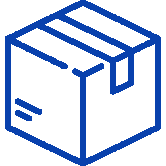
Package the finished product properly and send it to the customer’s designated destination or deliver it to the customer within the delivery period.
Our Manufacturing Services
IDMockup offers top-notch manufacturing capabilities, whether for rapid prototyping or custom production orders. Our self-owned factories and satellite factories are equipped to efficiently produce complex, high-quality parts.
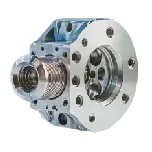
Achieve precise and intricate designs through milling, turning, and post-processing techniques, ensuring ideal results for both complex prototypes and functional metal or plastic parts.
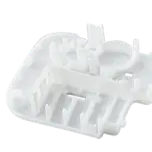
The process of using silicone molds to produce high-quality plastic or rubber parts allows for complex designs and fine detail work. It is an ideal technique for small-batch prototyping or low-volume production.
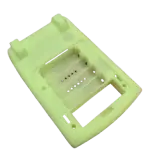
Fast and versatile, this method quickly produces complex geometries from various materials, making it ideal for innovative designs.
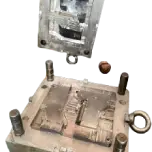
Rapid tooling creates molds for mid-scale production. It offers the advantages of low development costs and short production times, extending the benefits from the R&D stage to the production phase.
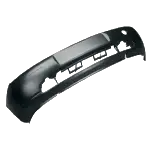
Injected into the mold under low pressure and shaped, this process is ideal for mid-high-volume complex products. It offers low costs, material versatility, high strength, and cost efficiency, suitable for both plastic and metal.
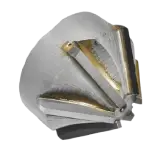
It provides unparalleled precision, capable of cutting complex and hard metal materials, making it ideal for producing intricate and detailed parts.
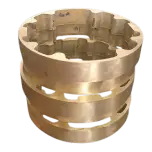
Investment casting excels in precision and detail work, while sand casting is ideal for producing large or simpler-structured parts, offering cost-effectiveness.
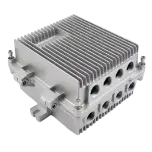
Aluminum extrusion and die casting are the keys in manufacturing. Extrusion is ideal for producing long parts, ranging from simple to complex shapes, while die casting is suited for mass production of high-precision, intricate parts.
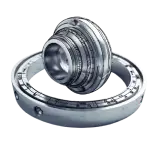
By accurately capturing the physical dimensions and geometry of an object, it can be converted into a digital model for redesign, modification, or replication.
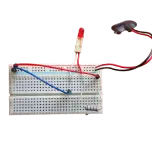
Simple circuits and assembly are essential in the early stages of product development, providing a reliable foundation for testing, iteration, and transitioning to more complex systems.
Materials & Surface Finishes
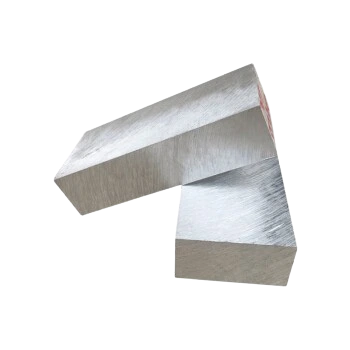
We provide a wide range of materials, including metals, plastics, and composites.
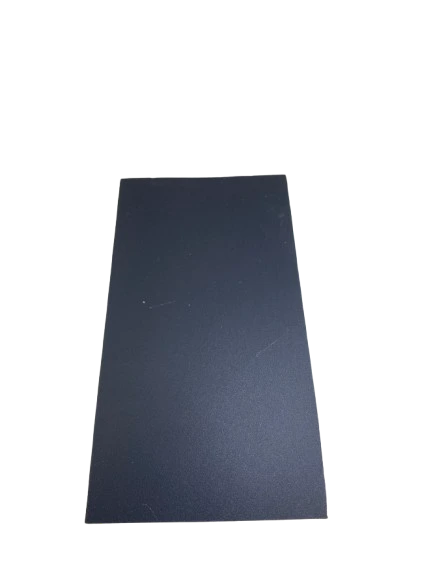
We offer superior surface finishes that enhance part durability and aesthetics for applications requiring smooth or textured surfaces.
👉 For more about our latest news, technology and equipment, please follow our official Facebook, X (Twitter) and official blog!


